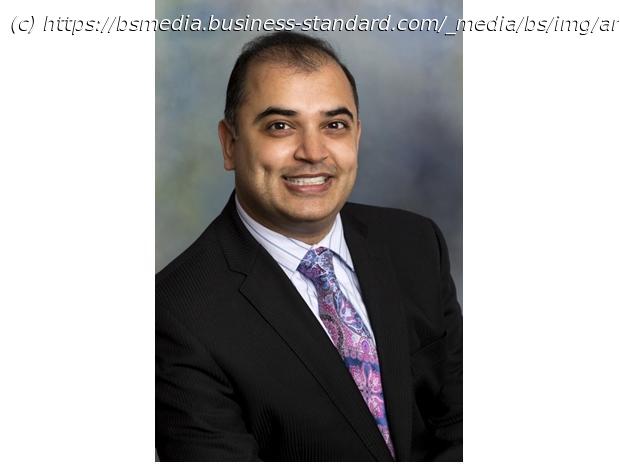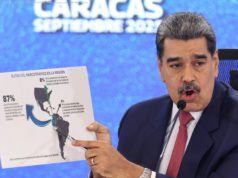Read more about The Indian-American doctor behind the disputed coronavirus data on Business Standard. Dr. Sapan Desai, who supplied the data for two prominent and later retracted studies, is said to have a history of cutting corners and misrepresenting information
A college degree at 19. A medical school graduate with a Ph. D. at 27. By the time he completed training in vascular surgery in 2014, Dr. Sapan Desai had cast himself as an ambitious physician, an entrepreneur with an M. B. A. and a prolific researcher published in medical journals. Then the novel hit and Dr. Desai seized the moment. With a Harvard professor, he produced two studies in May that almost instantly disrupted multiple clinical trials amid the pandemic. One study’s findings were particularly dramatic, reporting that anti-malaria drugs like hydroxychloroquine, which President Trump promoted, were linked to increased deaths of Covid-19 patients. But that study and another were retracted in June by the renowned journals that had published them, weeks after researchers around the world suggested the data was dubious. Dr. Desai, who declined to share the raw information even with his co-authors, claimed it was culled from a massive trove acquired by Surgisphere, a business he started during his residency. The now-tainted studies helped sow confusion and erode public confidence in scientific guidance when the nation was already deeply divided over how to respond to the pandemic. And the anti-malaria drugs cited in the papers have continued to generate controversy, as new research prompted some scientists to petition for expanding their use against the coronavirus, despite Food and Drug Administration warnings against them. ALSO READ: Coronavirus LIVE: 100,000+ tests in UP in a day; India testing 12553 per mn While the journal debacle has shaken the broader scientific community, many people who have known Dr. Desai,41, described him as a man in a hurry, a former whiz kid willing to cut corners, misrepresent information or embellish his credentials as he pursued his ambitions. In interviews, more than a dozen doctors who worked with him during training and residency said they had often found him to be an unreliable physician, who seemed less interested in patient care than in the medical journal he founded and his company, branded early on as a medical publishing business. “You couldn’t trust what he said,” said Dr. Vanessa Olcese, a former chief resident who worked with Dr. Desai at Duke University Medical Center. “You would verify everything that he did and take everything he did with a grain of salt.” His performance there and during a later fellowship at the University of Texas Health Science Center raised questions about whether he would be permitted to move to the next level of training. In both instances, he was. More recently, in February, Dr. Desai left his job at a community hospital in a Chicago suburb where he had worked as a surgeon since 2016. He was named as a defendant in three medical malpractice lawsuits last year, court records show. His spokeswoman said he “deems any lawsuit naming him to be unfounded.” The New York Times interviewed more than two dozen people who have known Dr. Desai over the past two decades. Dr. Desai, who declined to be interviewed for this article and did not respond to repeated requests for comment, has defended his company’s data. In an interview in late May, he said it was his “life’s work” to build a company that could provide lifesaving clinical insights to make “the world a better place.” “We did this because it was an opportunity to help. We’re not making any money from this,” he said. “This is why I went into medicine.” Dr. Desai was always a striver. During high school in the Chicago suburbs, he took 13 Advanced Placement classes, according to an article in The Daily Herald, a local newspaper. He acquired enough college credits to graduate from the University of Illinois at Chicago at 19. “His goal was to be the first person at U. I. C. that ever graduated college in one year,” said Peter Okkema, a biology professor in whose lab the young undergraduate worked. He seemed eager to impress people, the professor recalled, but never sought advice or guidance. He entered a joint M. D.-Ph. D. program at the university; his doctoral adviser, Prof.






